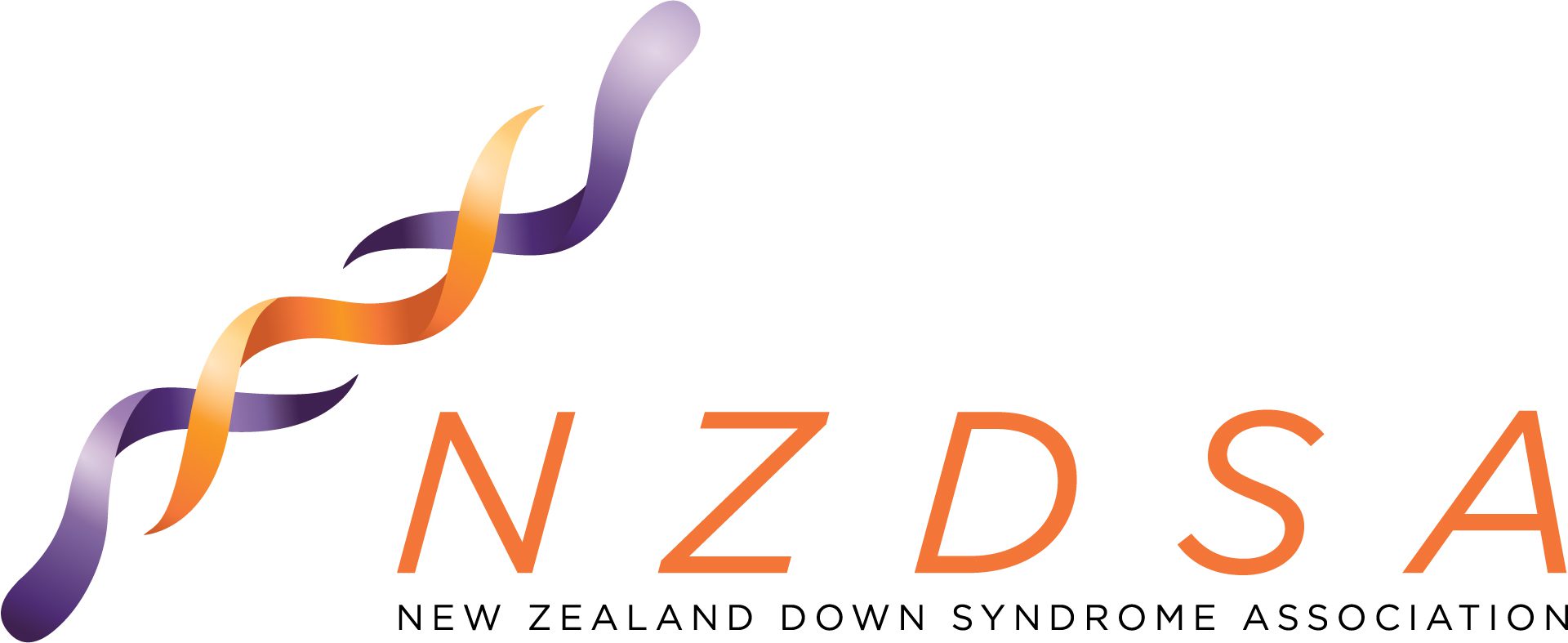What do chromosomes do?
What do chromosomes do?
- Cells of the human body typically have 22 pairs of chromosomes and 2 sex chromosomes; 46 chromosomes altogether.
- One chromosome from each pair comes from the mother and one from the father.
- The pairs are arranged by size. Chromosome 1 is the largest and chromosomes 21 and 22 are the smallest.
The sex chromosomes are called X and Y. - Chromosomes can be seen with a microscope during a chromosome analysis test. Test results are 46XX for females (this means there are 46 chromosomes including two X chromosomes) and 46XY for males (this means there are 46 chromosomes including one X and one Y chromosome.
Chromosomes and Down syndrome
People with Down syndrome have an extra chromosome 21.
There are three types of Down syndrome:
- Trisomy 21 occurs in about 95% of people with Down syndrome which means all cells will have three copies of chromosome 21.
- Robertsonian/Translocation occurs when the third copy of chromosome 21 is present but attached to a different chromosome, not the pair of 21st chromosomes.
- Mosaic Down syndrome occurs in about 1% of people with Down syndrome. Some cells will have the extra chromosome 21 and some will not. People with Mosaic Down syndrome may have fewer physical features, medical problems, and learning difficulties. People with Mosaic Down syndrome may be diagnosed later in life, or not at all.
